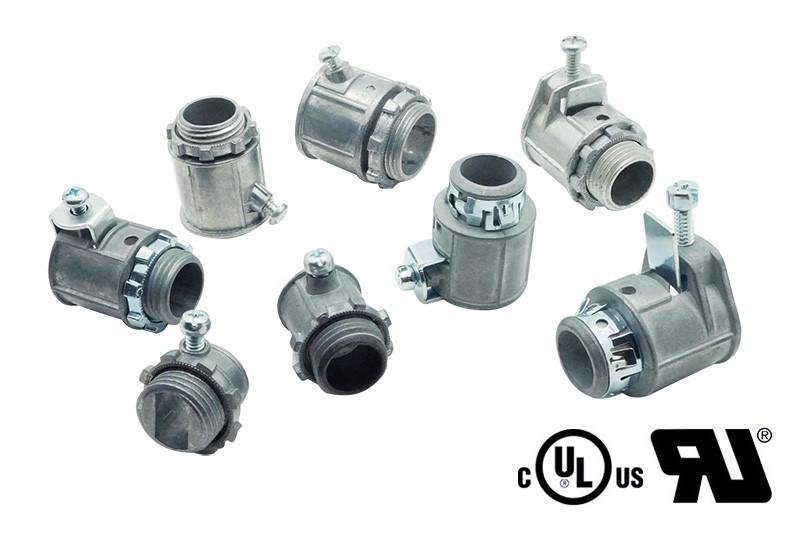Are Metal Conduit Fittings Ideal for Outdoor Installations?
In the realm of electrical installations, the choice of materials plays a pivotal role in ensuring safety, durability, and functionality. One common query that surfaces in the minds of professionals and enthusiasts alike is, "Are metal conduit fittings suitable for outdoor installations?" This article aims to provide a comprehensive exploration of this question, delving into the characteristics, benefits, and considerations associated with using metal conduit fittings in outdoor settings.

Metal conduit fittings are essential components in electrical systems, serving as protective enclosures for wiring. The primary materials used for these fittings are typically steel, aluminum, or stainless steel. Their robust construction makes them well-suited for a variety of applications, but the question arises when considering their viability in outdoor installations.
Weather Resistance and Durability
Steel Conduit Fittings:
Steel conduit fittings renowned for their durability, are often galvanized to enhance their resistance to corrosion. The galvanization process involves applying a protective zinc coating, forming a barrier against the elements. This attribute makes steel conduit fittings resilient to harsh weather conditions, making them a reliable choice for outdoor installations.
Aluminum Conduit Fittings:
Aluminum conduit fittings, prized for their lightweight nature and corrosion resistance, also hold their ground in outdoor environments. While not as robust as steel, aluminum fittings offer an advantageous balance between strength and weight, making them suitable for various outdoor applications.
Stainless Steel Conduit Fittings:
Stainless steel conduit fittings, known for their exceptional corrosion resistance, are an excellent choice for outdoor installations in corrosive environments. The inherent properties of stainless steel make it resistant to rust and oxidation, ensuring longevity even in challenging weather conditions.
Benefits of Metal Conduit Fittings for Outdoor Use
Robust Protection: Metal conduit fittings provide robust protection for electrical wiring, safeguarding it against environmental elements such as rain, snow, and UV radiation.
Longevity: The inherent durability of metal conduit fittings translates to a longer lifespan, reducing the need for frequent replacements or maintenance in outdoor settings.
Versatility: Metal conduit fittings come in various types and sizes, offering versatility in accommodating different installation requirements for outdoor applications.
Compliance with Codes: Many building codes and regulations recommend or require the use of metal conduit fittings in outdoor electrical installations, emphasizing their safety and reliability.
Considerations for Outdoor Installations
Grounding and Bonding:
Proper grounding and bonding are critical considerations when using metal conduit fittings outdoors. Ensuring a solid connection to the ground helps dissipate electrical currents and mitigates the risk of shock or damage.
Maintenance:
Regular inspection and maintenance are essential to uphold the performance of metal conduit fittings in outdoor environments. Checking for signs of corrosion or wear can prevent potential issues and extend the lifespan of the installation.
Conclusion
In conclusion, Metallic Fittings indeed stand as a viable and reliable choice for outdoor electrical installations. The weather-resistant properties, durability, and versatility of steel, aluminum, and stainless steel conduit fittings make them well-suited for a range of applications. As with any electrical installation, adherence to proper grounding, bonding, and maintenance practices ensures optimal performance and safety in outdoor settings.
- 0



